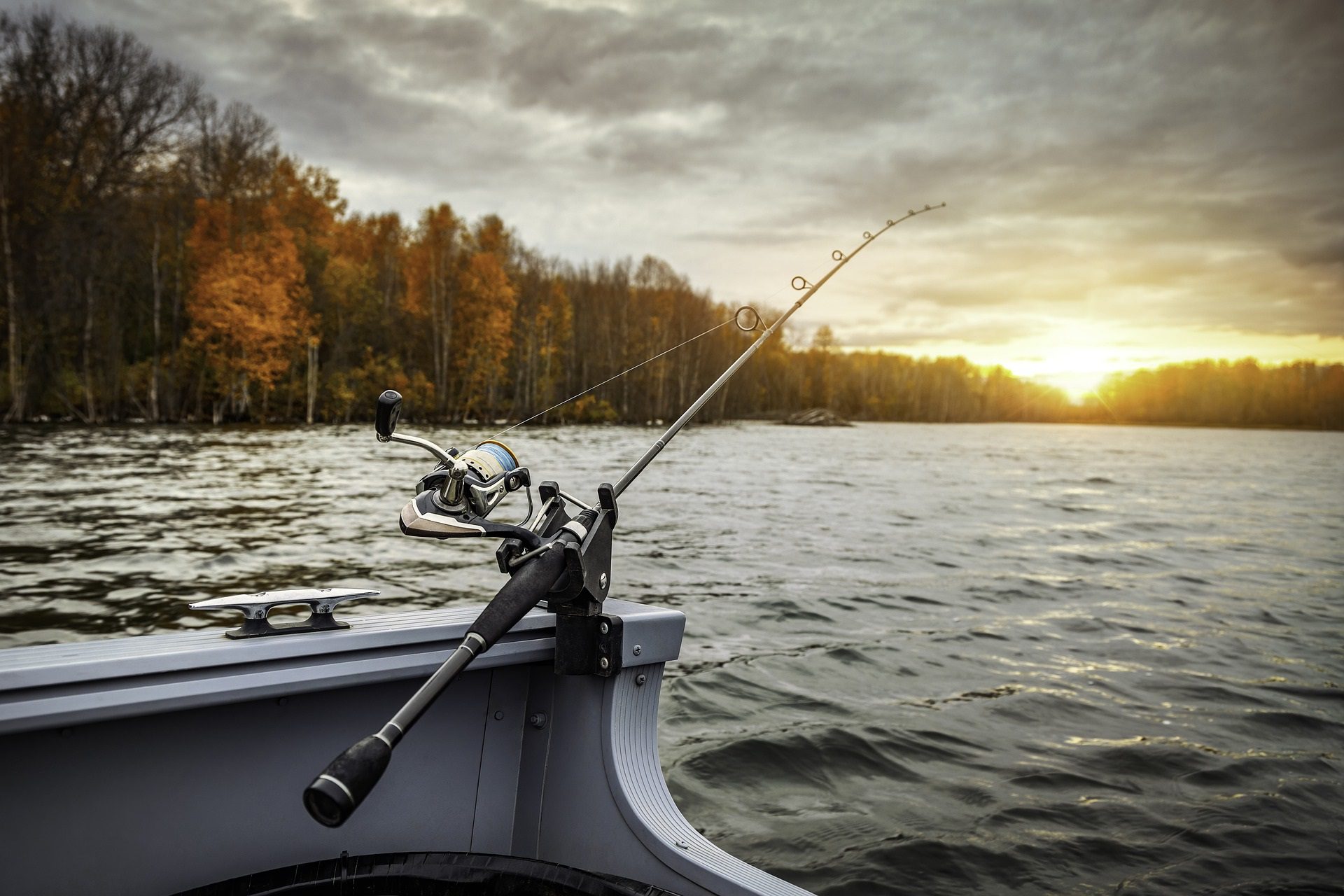Katrina Lumsdaine
- Partner & Solicitor Advocate

Fishing is the one of the most dangerous industries. The rate of fatalities is approximately 100 times higher than that of the UK general workforce. Health and safety awareness and comprehensive training is essential to mitigating the risks associated with fishing. There are a number of legal obligations on those within the industry, including:
Further, safety management planning will ensure compliance with the International Labour Organization’s Work in Fishing Convention (ILO188), as well as assisting in compliance with Codes of Practice issued by the Marine Coastguard Agency. ILO188 came into force internationally on 16 November 2017, with the UK government implementing it in November 2018, and ratifying in January 2019. It applies to all fishermen working on fishing vessels of any size, with more prescriptive standards for vessels over 24m in length or operating on longer voyages of three days or more. Owners of UK-flagged fishing vessels are responsible for basic health and safety on board their boats, safe working practices and safety equipment.
This legislation essentially legally entitles all fishermen to written terms and conditions of employment (a Fisherman’s Work Agreement), accommodation and food, medical care, regulated working time, repatriation, social protection and health and safety on board. It also provides minimum standards relating to recruitment and placement. Any failure to take adequate measures for the health and safety of a crew is a criminal offence punishable by fine or by a prison sentence. Fines for breaching health and safety law involving death have always rightly been high, but now even those resulting only in the risk of injury could increase from tens of thousands of pounds to hundreds of thousands for larger businesses, based on their turnover.
The application of the Sentencing Guidelines for Health and Safety Offences in England and Wales within the Scottish courts has had a profound effect with well-known businesses admitting health and safety breaches across the north of Scotland and the islands, resulting in significant fines. Finance directors and chief executives need to be aware of the potentially catastrophic financial and reputational consequences of failing to meet health and safety standards – it must be a priority within their organisations.
The devastating consequences of failing to comply with legislation and Codes of Practice were very recently examined at a recent Fatal Accident Inquiry at Fort William Sheriff Court (Determination of Sheriff Frazer [2025] FAI 7) which arose out of the death of a skipper who fell overboard and was not wearing an PFD. The Sheriff considered the legal framework and the roles of the industry’s various regulatory and representative organisations including the MCA and Marine Accident Investigations Branch (MAIB). His view was that these organisations are well placed to understand, monitor and update change safety procedures if required. As such, a particular emphasis is placed on the importance in keeping abreast and adhering to the guidance available, not least to avoid such tragic events from occurring.
The avoidance of incidents in the first place is, of course, the best way to avoid becoming subject to the sentencing regime. To ensure that your health and safety measures are robust and meet – or better, exceed – the legal requirements, we recommend consulting a specialist health and safety lawyer.
You might be interested in the following resources: